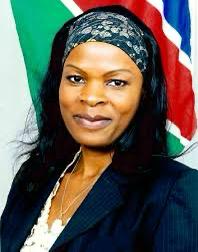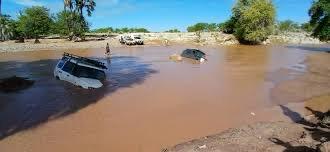Namibia’s beef has a reputation of being of exceptional quality, especially because of the prohibition on using growth hormones, the strictly regulated use of antibiotics, and mostly free-range production in the country.
This gives Namibian beef a competitive advantage over products from other global sources on niche markets, such as the European Union or the United States, says the Namibian Organic Association (NOA).
In a joint statement with the Knowledge Hub for Organic Agriculture in Southern Africa (KHSA), the association says livestock farming in Namibia comprises approximately two thirds of the country’s total agricultural production, and so is an important part of the country’s economy.
KHSA is part of Knowledge Centre for Organic Agriculture in Africa, a collaborative country-led partnership funded by the German federal ministry of economic cooperation and development and implemented by the Deutsche Gesellschaft für Internationale Zusammenarbeit and non-governmental organisations.
“Given that Namibia’s beef production is already aligned to organic standards, there is significant opportunity for farmers to convert to full organic beef production to realise the potential of both local and international organic markets,” the NOA says.
Furthermore, the association said beef farmers have the potential to positively impact the state of the country’s rangelands by converting to more ecologically sound management practices.
According to the International Federation of Organic Agriculture Movements (Ifoam), organic agriculture is a production system that sustains the health of soils, ecosystems and people.
“It uses ecological processes and environmentally friendly practices and products to benefit the shared environment,” the federation says.
The conversion to organic production involves adhering to specific organic standards along the entire value chain, from production to slaughtering and processing, and to accessing the market, the NOA says.
“The marketing of organic agricultural products in Namibia adheres to the standards defined by Ifoam. For exports to the lucrative EU or US markets, certification by an accredited third-party certifier is required,” the statement reads.
Producers must comply with the respective organic standards, which are part of official legislation.
Both livestock and rangelands must be certified.
The KHSA project aims to scale up the adoption of organic farming practices through five knowledge hubs in Africa over a four-year period.
Project activities are focused in Zambia, Namibia, South Africa and Malawi.
– matthew@namibian.com.na
Stay informed with The Namibian – your source for credible journalism. Get in-depth reporting and opinions for
only N$85 a month. Invest in journalism, invest in democracy –
Subscribe Now!










